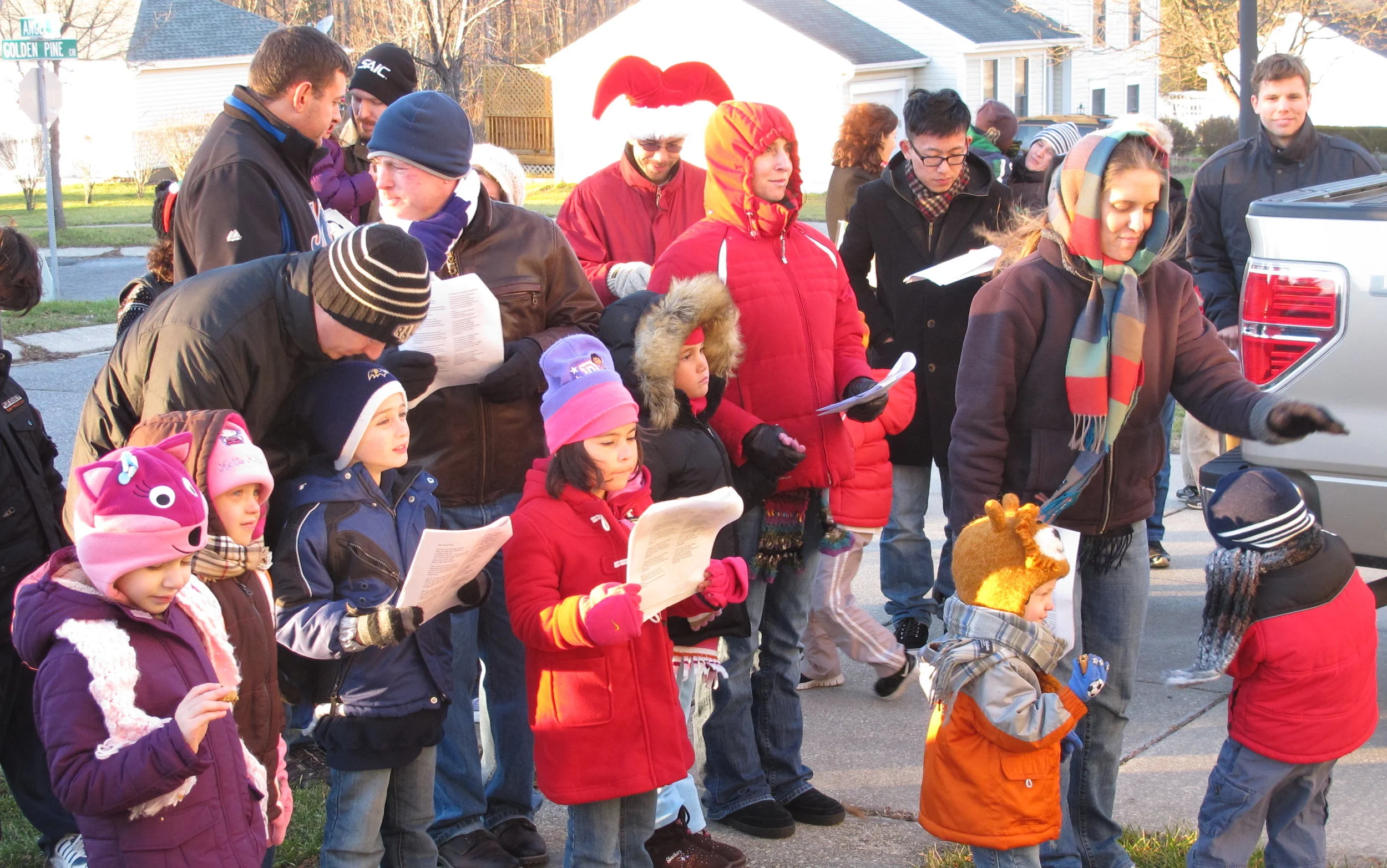Recognizing the Domestic Church - Evangelii Gaudium Reflection #2
/From the earliest Christian times the families of baptized believers were thought of as forming an ecclesial as well as social reality that was a sign of God’s love in the world. New Testament Christians experienced the Church in their own households, baptizing their children and other household members (Acts 11:13 ff.; 16:15; 16:33; 1 Cor. 1:16) and worshipping together in their homes (Acts 2:46a; Acts 12:12; Acts 16:40; Rom. 16:3, 5; Philem. v.1-2).[1] Although St. John Chrysostom did not use the term “domestic church,” he stressed that the family’s mission is to be a force in society to cultivate the kingdom of God. He expected that raising Christian children would be a priority for parents who took their faith seriously. Chrysostom explained his expectations for the work of the Christian home this way: “When we teach our children to be gentle, to be forgiving, to be generous, and to love their fellow men…we instill virtue in their souls and reveal the image of God within them.”[2]
The Christian Family is called a “Domestic Church” in Vatican II's The Dogmatic Constitution on the Church (Lumen Gentium): “In it parents should, by their word and example, be the first preachers of the faith to their children; they should encourage them in the vocation which is proper to each of them, fostering with special care vocation to a sacred state.”[3] St. John Paul II’s numerous audiences and apostolic exhortations have guided Catholic teaching in this area.[4] The Catechism of the Catholic Church also speaks of the Domestic Church in which “the father of the family, the mother, children, and all members of the family exercise the priesthood of the baptized in a privileged way” (CCC 1657).
In the Catholic vision of the family, Christian marriage forms the foundation of the Domestic Church, a sacramental reflection of God’s love and a school of prayer, forgiveness, and charity. However, ministry to the family would be severely limited if we narrowly defined the Domestic Church as the married couple and their children. Among couples who have been married in Church and are deeply involved in parish life, there will be some who have not been touched by the joy of the Gospel. Many families are privately experiencing unhappiness, conflict, and even abuse. The ideal of the “Domestic Church” is somewhat like the ideal of the Church Universal as the “Spotless Bride of Christ” (CCC 796). Just as the greater Church struggles to live up to this noble calling, so do families. As the U.S. Bishops said in their pastoral letter, Follow the Way of Love, “But remember, a family is holy not because it is perfect but because God's grace is at work in it, helping it to set out anew everyday on the way of love.”[5]
[1] Theresa Doyle-Nelson, “House Churches in the New Testament,” St. Anthony Messenger website. http://www.americancatholic.org/Messenger/Jul2008/Feature2.asp. (accessed August 14, 2011).
[2]John Chrysostom, “Homily on Ephesians,” in St. John Chrysostom, On Marriage and Family, trans. Catherine Roth and David Anderson, (Crestwood, NY: St. Vladimir’s Seminary Press, 1986), 71.
[3] Pope Paul VI, Dogmatic Constitution on the Church, Lumen Gentium, Vatican II, 1964, http://www.vatican.va/archive/hist_councils/ii_vatican_council/documents/vat-ii_const_19641121_lumen-gentium_en.html
[4] Pope John Paul II, Apostolic Exhortation, On the Role of the Christian Family in the Modern World, Familiaris Consortio, 1981, http://w2.vatican.va/content/john-paul-ii/en/apost_exhortations/documents/hf_jp-ii_exh_19811122_familiaris-consortio.html
[5] USCCB, Follow the Way of Love, ibid.









